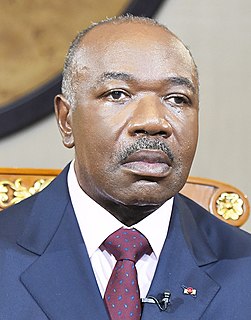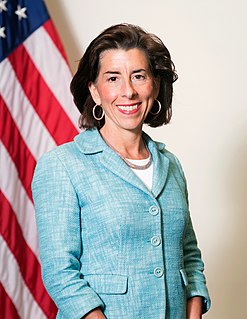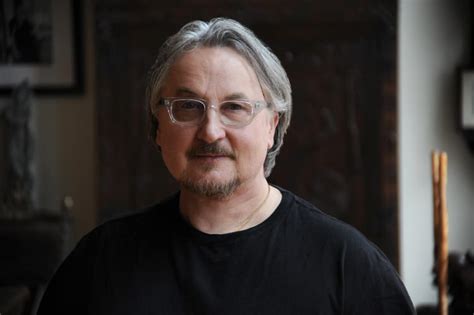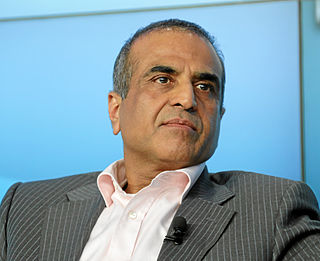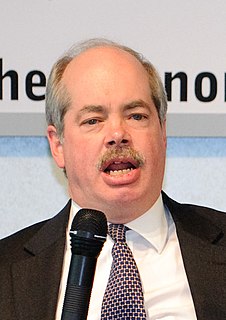A Quote by Baba Kalyani
We anticipate countries increasing their spending on infrastructure like railways, airports, power plants and ports. Our heavy forging plant has the capacity to cater to each of these segments.
Related Quotes
For countries such as Kenya to emerge as economic powerhouses, they need better infrastructure: roads, ports, smart grids and power plants. Infrastructure is expensive, and takes a long time to build. In the meantime, hackers are building 'grassroots infrastructure,' using the mobile-phone system to build solutions that are ready for market.
Clearly, there needs to be an increase in the capacity of the railway system. That's why there are these projections of increasing the capacity to carry freight on the railways by 30% over the next five years or so, because the volume of goods moved up and down, imports, exports, and within the country, has grown much larger than the capacity. And this is part of the higher costs to business, because charges, for instance, at the ports become too high and they put up the prices of these goods, whether they are imports or exports. You want to reduce that.
When people conceptualize a cyber-attack, they do tend to think about parts of the critical infrastructure like power plants, water supplies, and similar sort of heavy infrastructure, critical infrastructure areas. And they could be hit, as long as they're network connected, as long as they have some kind of systems that interact with them that could be manipulated from internet connection.
One of the issues that I have raised in that context is our transport system, road, rail and ports. We have raised this before, that the South African economy has grown at a rate that has overtaken the capacity of the transport system. And therefore, we have said that it is necessary to expand our capacity in the ports.
Many of the original New Deal programs required heavy manual labor. WPA workers built hundreds of schools, health clinics, roads, park facilities, and community centers. Much of what we now call our 'infrastructure' - highways, buildings, power plants, etc. - is here thanks to thousands of WPA workers.
The 1,230 gigawatts (GW) of renewable power generating capacity in place at the end of 2009 now constitutes just over 25 percent of total generating capacity worldwide. This is over three times nuclear generating capacity and roughly 38 percent of the capacity of fossil fuel-burning power plants worldwide.
The ideal garden is one in which a collection of trees, shrubs and plants have been procured and allotted to the best space available and are so arranged and tended that they are seen to their advantage, each in relation to the other. Every plant, of whatever shape or size, should be chosen not only for its individual merits but for its power to enhance the charms of neighbouring plants by contrast or combination in foliage or in flower colour.


